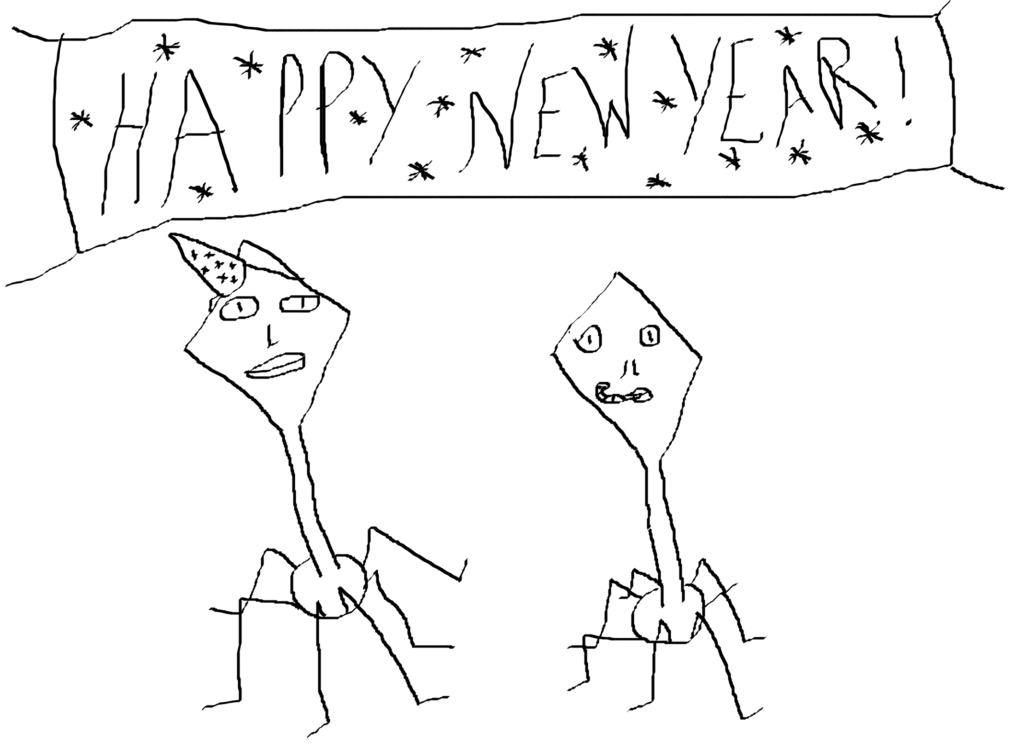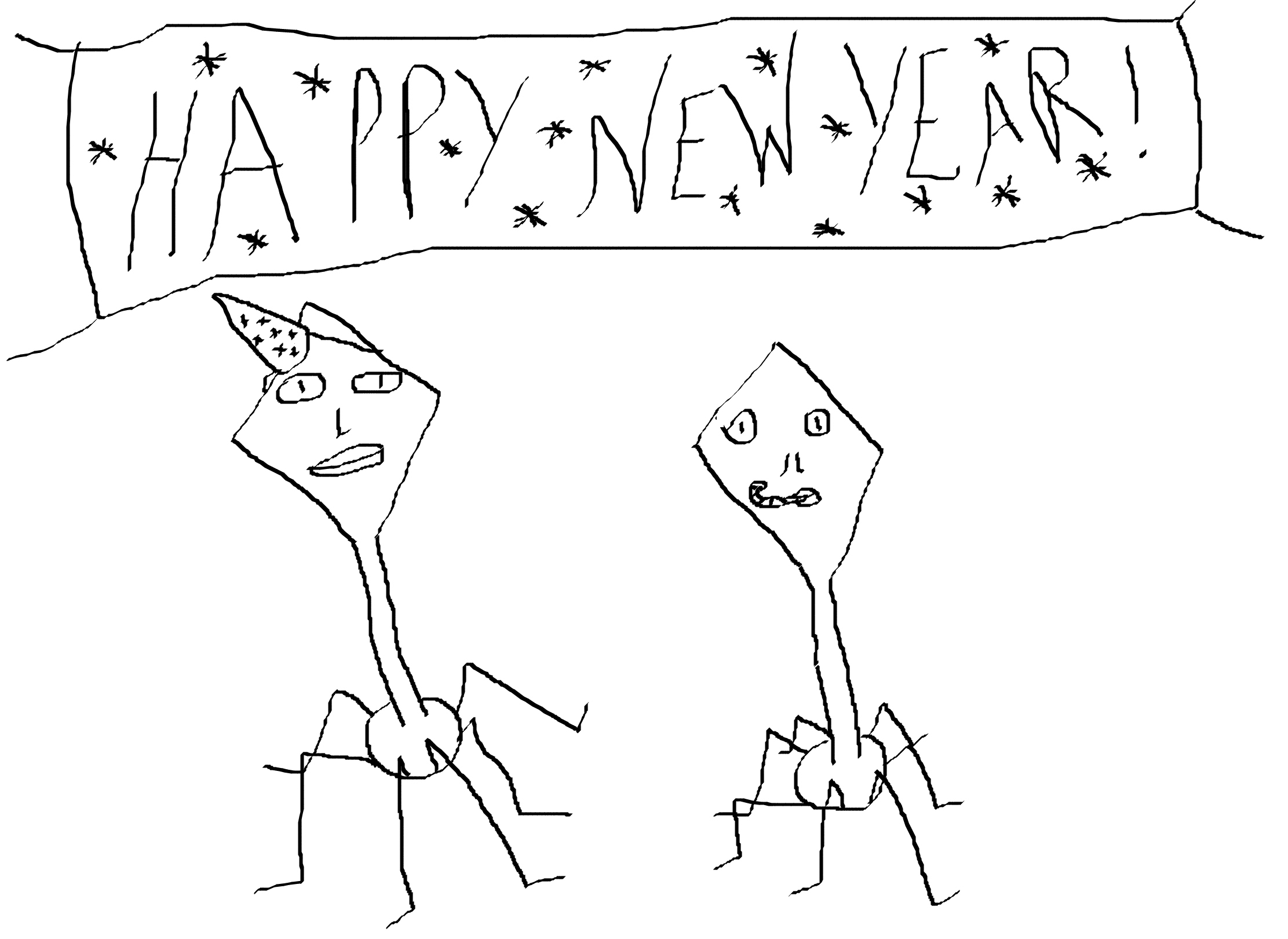
out:broken
author’s note: This was written at the beginning of March 2020, weeks before everything shut down. Very few words have been changed.
1.
Epidemic is a noun, the point in time marked by the prevalence of a disease in a place. If that point stretches into a long enough line, it becomes adjectival, it is epidemic here. Then, when we have forgotten that the line was ever a point, we accept it as endemic, en + demos, just there among the people.
Influenza is epidemic every winter, but you can catch it in the middle of the summer, from endemic strains that then mutate and pick up speed in the cold season.
It takes a few of us every time. We’ve accepted that, though; we always do, eventually.
The impulse to fight death and the impulse to accept it are the poles of the human magnetic field; we accept the loss of a few not because it’s right, but because it’s easier than letting ourselves be torn apart.
It takes a few of us every time, a tribute for some faery lord who enjoys the rasp of a cough, the sibilant wrongness of a wheeze.
–
Why those things? What is there to be enjoyed in that?
[an excitation, a heavy swelling in the tissue]
[histamine, bright capillary blood]
[a reflex propagating through vulnerable nerves-]
[higher thought overpowered by the animal-]
– not that I would ask these sacrifices of you. Those tastes in me are tempered by their association with that cost, that tribute. I am not such a faery lord.
Still, faery blood sings its strange songs.
–
It’s too late by the time you know.
Of course, it is also too late well before you know.
It is probably too late once you feel an uneasy creeping tension in the air, a sense of autumn in springtime.
Whether it is too late at the time when you start to worry depends on the kind of person you are and what makes you start to worry, and that was different for both of us, for her and for me.
–
There are things that never go away once you have them, and things that come and go, and things that leave your body entirely, mutate, and return when you are unready again. Things that ride with us the human organism, the demos of this planet, incurable for the species even as individuals become sick and well.
What are sick and well really, relative to such ecosystems?
–
It might not have been too late when I started to worry; but I started to worry before I was born, and I liked it.
That’s a thing no one understands. There is worry that is anxiety, but there is also worry that is craftiness and cunning. If you out-think the world, you can never be stabbed in the back, only in the heart; and if you learn to take blows to the heart, you can be invincible.
So the theory goes, at least.
But it is messier, because there are two ways to endure pain: to brace for it, and to breathe into the full of it.
The first turns you cold to the world.
The second turns you hot for the world.
–
Avoid the dance halls, they said.
We were both the kind of people who steadfastly clung to the dance halls. She is no more capable of stopping dancing than I am of refraining from calculating my risks, or unhearing the strange call of my faery blood.
Oh, she sleeps, but even when she sleeps she dances, small and riotous with curls and bright with spiteful autonomy, twisting to some unheard music.
When the dance halls were closed, we became our own dance hall, holding each other, turning in the night.
She never did worry, not when we still felt fine and not when the faintest hint of fragrant smoke started to waft off her breath, long after I succumbed. She never said I’m fine, she said no I don’t smell anything when I asked.
Later, she pressed at the red places on her body and said this is interesting.
“Interesting how?” I asked. My voice was tight.
“…it… I’m not sure if it hurts or itches. maybe a little of both?” she said. “It feels hot and thin. like something is pushing up through it.”
I hadn’t been sure I had it, either, just revising my estimates upward a percentage point at a time, but she gave a tiny rustling cough, and I knew, then; I felt the strange bruisy places under my clothes, like I’d tucked away my memory of them under justifications, and blood rushed to the place between my legs.
She showed me the redness on her thigh, and I pressed my finger into it; a small tremulous noise came from her. “Harder,” she said, and I dug with my nail, didn’t mean to scrape but scraped, and I felt the hard smoothness under it – something translucent dripped – and I came before she did, shuddering.
I said I would never have asked this, later, rubbing oil into her skin, carrying ice packs to soothe her fever. But she smiled and just pushed into my hand, seeking the pleasure of relief –
–
Until then, I did not have permission inside myself to get sick; after that, my heart was open to take this knife into it.
[I was wounded gravely.] [I feasted on it.]
–
Autumn leaves in springtime, a portent.
Public spaces are safer when no one is there; we were there, two more than no one.
Maybe the smoke came out of my mouth before it came out of hers, but one of us breathed it from the other; I don’t know who first tasted the sourness on the other’s lips.
There are those who came to it on purpose, passed it forward on purpose; we were never those. And yet, the pair of us – a nation of two – never closed our borders.
I know we never tried to catch the virus, but where trying not to was hiding and silence and enclosure, where it was giving up the gains we had made in the world, we could never find the time to compromise with it.
–
My kind have been here this whole time, just so you know; our uncanny longings documented in passing.
“Had he been only in a violent fever, you would not have despised him half so much. Confess, Marianne, is not there something interesting to you in the flushed cheek, hollow eye, and quick pulse of a fever?”
Jane Austen knew the score; it was all too close to the surface to silence in the days when consumption reigned.
–
The virus is not known to affect cognition. Who does the knowing of this, but those with cognition?
As it became endemic, we stopped studying cognition, stopped studying language, except as a private vice. Was this a coincidence? an effect of its effect on cognition? or just of its pragmatic effects on infrastructure?
Retrained in our expectations, we become retrained in our behavior. The human animal becomes bounded and entrained by the coming and going of it, the sloughing of skin to show something luminous and crabbed with fine cartographic ridges underneath, the rattle of lungs and the opening of capillaries.
These govern us, just as we were once governed by sunrise and sunset, the cravings of the body and the voices of the people who saw fit to command us in the best years of our lives. Just as we once put our want and will in those boxes we began to hold space in these ones.
We have learned to appreciate the visceral relief in the catch in the lung at the end of a long hacking spasm, the gleam of the round stone that comes up, the way it slides smooth and glassy through the throat; we have learned the new cycles of our bodies, the way every spike of fever makes us cling in adoration and rub together the thinning places on our skin until they sting and throb and tingle with pleasure.
The thing rising up underneath never seems to fully emerge, recedes under healing epidermis, but I think there is more of it each time.
The dreams are bolder, stranger, than they used to be, a candy-colored violence to them. It is the fever.
Do I imagine it is also the knowing of a different plan, or have I inferred it?
I don’t say I would never have asked this, anymore. my past self would never have asked this. but the world offered it up. If I artfully render our past, I can carve out the shapes of people who tried to refuse this tainted gift, but also those who came willingly.
[this is my human nature: we always accept things, eventually.] [this is my faery nature: we crave what we must not ask for.]
I was wrong, aberrant, from the start. My faery heart drank in something vicious.
[it was given to poison me.] [I chose to drink it on a lark.]
We’ll only ever tell you stories that are true, but you’ll never understand what we mean.
